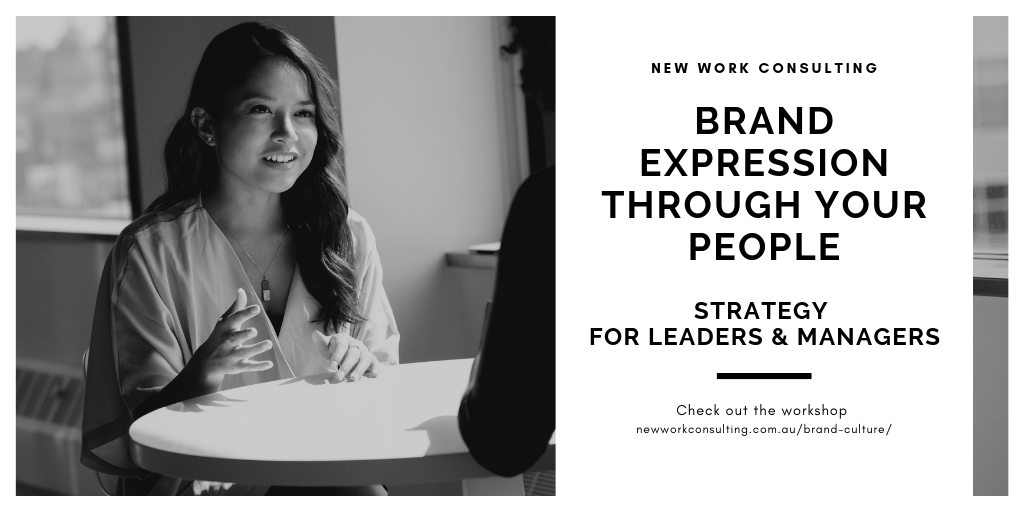The importance of a workshop to kick off team culture change
When you need to see a meaningful and lasting change in team culture, starting with a workshop that aims to inform, inspire and engage all staff can be a powerful place to start.
“Cultures aren’t built on emails, announcements and mission statements.” – Marcus Sheridan
I love this quote by Marcus Sheridan who discusses in his book, They Ask, You Answer, the value of an educational workshop to get the whole team on board with change: “…your team must understand the WHAT, HOW and WHY.”
This could be related to, but is different from, an exploration of the core purpose of an organisation. That is, for any significant change you want to see in the priorities, language or behaviour of your people, you should look at WHAT is involved, HOW it should be done and WHY it matters… to everyone. The ‘WHY do this?’ must be answered in personal, tangible and practical terms, not purely in terms of the aspirational or the company purpose, in order for people to prioritise the change.
When there is a shift in organisational culture that needs to occur…
- How do you get buy-in from everyone on the leadership team?
- How do you get managers’ commitment to learning and guiding their teams?
- How do you get all staff to see the discomfort of this change as worthwhile?
The fundamental problem is getting everyone to see the change as a priority, not just a ‘nice to have’, a ‘nothing to do with me’, or a ‘sounds like a waste of time’!
The questions that people within your organisation may need answered in order to come on board with change may include:
- Why do we need this?
- What does it have to do with me?
- What will it mean for me (in terms of changes, workload or getting outside of my comfort zone)?
- What’s in it for me? Why should it be my priority?
And the questions you may want to pose to your team may include:
- What happens if we don’t do this?
- What does not doing this mean for each person on the team?
- What would stop us from doing this well?
Often, the problem starts with a lack of awareness of the need to change at all. Team members may experience problems, but may not have reflected on where the problem lies, or may not have had the opportunity to analyse where there are gaps that if addressed, could improve results. This is where a team educational and brainstorming experience, like a workshop, may be the catalyst needed for change.
For example, in my own work helping businesses in how their people communicate the brand in order to build trust and grow their client base, I usually start with one or more awareness experiences. I might run the leadership team through NWC’s ‘Trust Map’ so they can understand where their staff sit in terms of building brand trust with others. I often take the wider team through a short Personal Brand Awareness Session which challenges them to look at the messages they are sending about their own personal brands, and points out some facts and examples about how working on their personal brands will help them in their current work and in their careers in general. In this way, I am building both an awareness of the need to change, and motivation to do so at every level of the organisation.
As we go along, we will build in other workshops that will allow team members to explore what the change (such as developing a culture of confident personal brands) means to them personally, to build their skills and language around the change, and to get opportunities to share their ideas, successes and challenges with each other. This has been made easier with a highly effective jumping-off point to galvanise people into action.
Of course, culture change doesn’t stop there – it needs to permeate across different parts of and processes within the organisation. So in my example above, I want to see clients carrying development from workshops forward into leadership meeting agendas, team and individual KPIs, assessment processes and support mechanisms. I want to see that the excitement, new goals and language established early on in an initial, powerful workshop, are carried forward into daily reminders of ‘how we do things’… a cultural shift.

